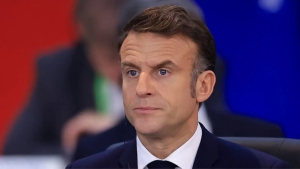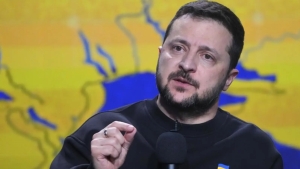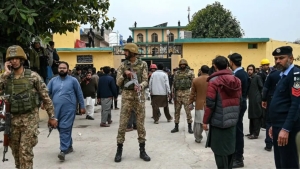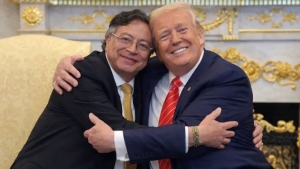Trump placed nuclear submarines in a special area
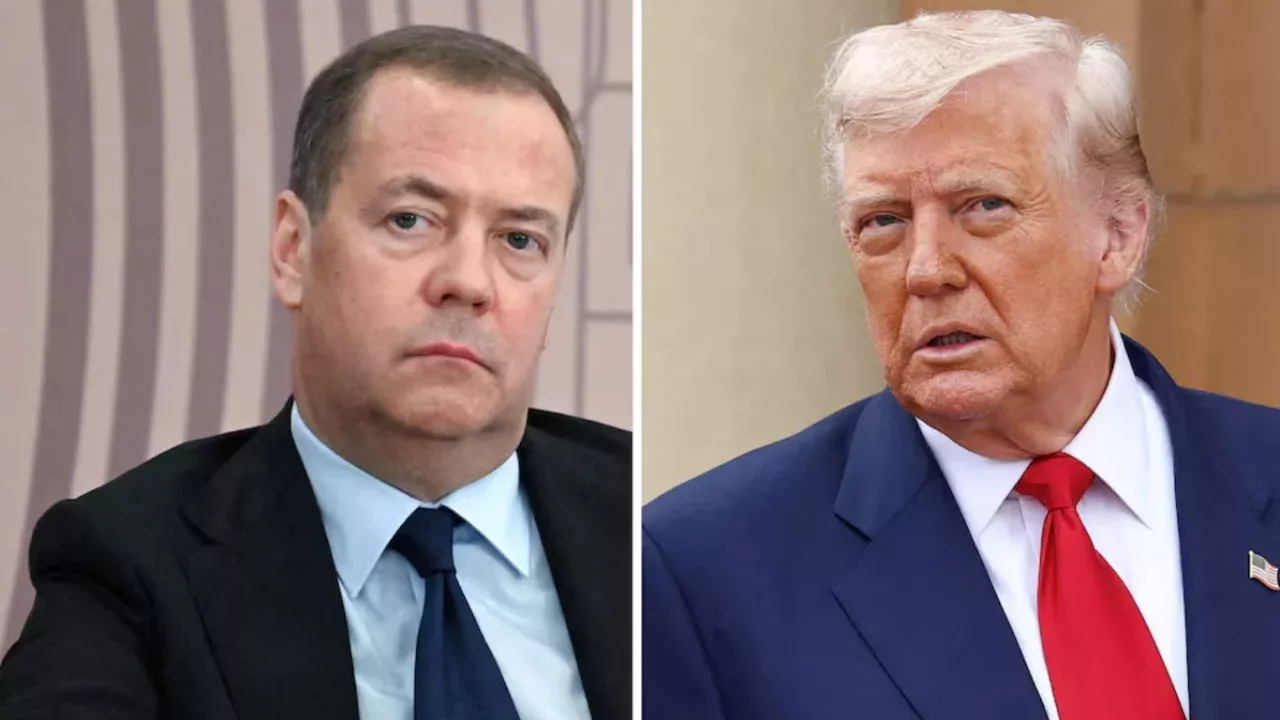
US President Donald Trump ordered the placement of two US nuclear submarines in designated areas as a military precaution in response to the "combat rhetoric" of Russian Security Council Deputy Chairman Dmitry Medvedev. This was reported by Zamin.uz.
Trump announced this decision in a statement on social media, emphasizing that he took Medvedev's provocative threats against the US seriously. According to him, the mention of nuclear strike potential, used as a last resort from the Soviet era, should not be taken lightly.
Trump noted that words carry significant weight and often lead to unexpected consequences, expressing hope that this situation would not result in such consequences. The US Department of Defense and Navy declined to comment on Trump's statements and refused to provide information about the movement of submarines.
Military experts believe that the positioning and movement of such submarines are always classified, and their strategic role is based on nuclear deterrence capability. Hans Kristensen, a representative of the Federation of American Scientists, commented on Trump's statement, stating that the nuclear submarines, which are part of the US nuclear triad, are always in a state of combat readiness and do not need to be moved separately.
The mixing of nuclear weapons with political statements is raising concerns among many security experts. Arms control expert Daryl Kimball assessed such statements as irresponsible and inappropriate, emphasizing that no leader, especially through social media, should make threats related to nuclear war.
Former Pentagon official and current director of the McCain Institute, Evelyn Farkas, viewed Trump's decision not as a serious military escalation but as a political signal. In her opinion, these statements are unlikely to persuade Russia to change its position in Ukraine; rather, they may strengthen Russia's internal rhetoric.
The recent exchange of words between Trump and Medvedev occurred against the backdrop of the Russia-Ukraine war. Trump called on Moscow to reach a peace agreement within ten days, by August 8, otherwise indicating that economic pressure and tariffs would increase.
The Kremlin has not yet officially responded to this call. President Vladimir Putin, in a statement on August 1, emphasized that Russia desires peace negotiations, but noted that the military situation on the front is in Russia's favor.


